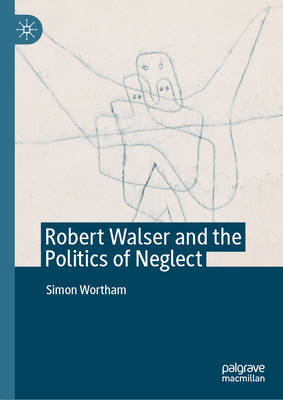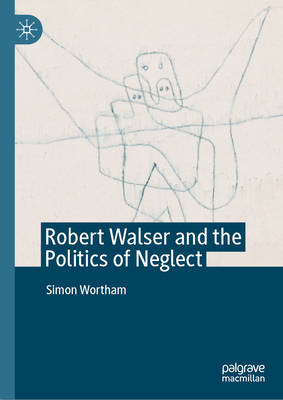
Bedankt voor het vertrouwen het afgelopen jaar! Om jou te bedanken bieden we GRATIS verzending (in België) aan op alles gedurende de hele maand januari.
- Afhalen na 1 uur in een winkel met voorraad
- In januari gratis thuislevering in België
- Ruim aanbod met 7 miljoen producten
Bedankt voor het vertrouwen het afgelopen jaar! Om jou te bedanken bieden we GRATIS verzending (in België) aan op alles gedurende de hele maand januari.
- Afhalen na 1 uur in een winkel met voorraad
- In januari gratis thuislevering in België
- Ruim aanbod met 7 miljoen producten
Zoeken
Omschrijving
This book's argument is that Walser "toys" with style in ways that are not purely literary, but which carry the ambivalent resonance of politics in all its forms--cultural politics, sexual politics, class politics--both in his own time and, still, today. Once almost forgotten, the Swiss modernist author Robert Walser is now widely read and celebrated both in Europe and in the Anglo-American world. Such was his early promise that Franz Kafka was heralded by Robert Musil as "a peculiar case of the Walser type." The growing "Walser Myth," as Reto Sorg has called it, has been fueled through reference to canonical readings by writers and critics such as Walter Benjamin, Susan Sontag, Elias Canetti, W.G. Sebald and J.M. Coetzee. Meanwhile, others have suggested that the legacy of important figures in German writing such as Musil, Karl Kraus, Frank Wedekind and Walser himself suffered in the past from the early canonization of a quartet of authors taken to represent the high water mark of modern German literature: Thomas Mann, Rainer Maria Rilke, Franz Kafka and Bertolt Brecht (serving as a byword for literary achievement in the novel, lyric poetry, short prose and drama respectively). Perhaps like Kafka, Walser today feels uncannily modern. He is therefore attracting a great deal of critical interest for the key themes of his work: the enigmatic and fleeting experience of modern life, the intricacies of sexuality and sex identity, the modern experience of work, money and consumerism, the intersecting politics of capitalism and populism, and so on--contemporary themes that connect powerfully with his own life and writing. This study brings all of these issues into focus, reassessing them through the lens of Walter Benjamin's claim that Walser's writing is to be thought of in terms of a certain neglect of style.
Specificaties
Betrokkenen
- Auteur(s):
- Uitgeverij:
Inhoud
- Aantal bladzijden:
- 156
- Taal:
- Engels
Eigenschappen
- Productcode (EAN):
- 9783032030016
- Verschijningsdatum:
- 30/10/2025
- Uitvoering:
- Hardcover
- Formaat:
- Genaaid
- Afmetingen:
- 150 mm x 201 mm
- Gewicht:
- 340 g

Alleen bij Standaard Boekhandel
+ 256 punten op je klantenkaart van Standaard Boekhandel
Beoordelingen
We publiceren alleen reviews die voldoen aan de voorwaarden voor reviews. Bekijk onze voorwaarden voor reviews.









